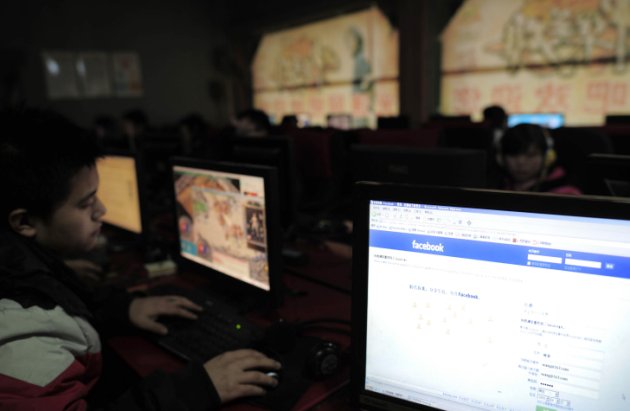Net neutrality is a fundamental principle that ensures that all content online is available to the consumer on equal terms or, in technical terms, that all data packets be treated equally.
By Rajeev Chandrasekhar | India Today – Wed 22 April, 2015

On April 8, I decided to take to Twitter with my misgivings about the Telecom Regulatory Authority of India's (TRAI) consultation paper on net neutrality. After reading the 118-page document titled Regulating Over The Top Services, it became obvious that here was yet another brazen challenge to the internet and its millions of consumers. I tweeted that consumers must respond to and be a part of this consultation and make themselves heard. Cut to one week later, the Indian internet consumer had made his/her power fittingly apparent-social media and regular media has since erupted in support of net neutrality and has pointedly questioned TRAI's take on the issue.
Net neutrality is a fundamental principle that ensures that all content online is available to the consumer on equal terms or, in technical terms, that all data packets be treated equally. It is what allows the internet to be the open, collaborative space it is today-a platform that allows consumers to access content of choice freely except for those prohibited by law. This has driven the success of several remarkable apps and services that have changed consumer experiences. Just recently TRAI was caught as a mute spectator, as Airtel, India's largest telecom service provider, tried to create additional access charges for specific apps, and backed off only after consumer outrage.
This incident led me to write to TRAI and urge their intervention into what seemed to be abuse of market power that has led to this belated consultation process.
Net neutrality isn't a philosophical debate. Not unlike Section 66A of the IT Act, this too goes to the essence of a free, growing internet. In Section 66A, there was a group of politicians who wanted to restrict expression, here we have a group of telcos who would like to control the dynamics and economics of the internet.
If the telcos have their way, consumers would have to pay separate charges (in addition to regular data charges) to access apps such as WhatsApp, Viber etc. Telecom operators' justifications range from other players innovating atop their platforms to security reasons to impact on revenue to bring OTTs (over-the-top content) under a regulatory framework that lets telcos charge for access to these apps.
That there is a threat to the telco business model that still consists of voice revenues is not disputed. But what is unacceptable is that Indian consumers should subsidise the telcos' cost of transformation to data-centric companies and business models. That this is a technology sector where disruptive technologies and innovations are changing the landscape is known to all investors except perhaps the folks in TRAI.
What the TRAI is proposing in effect is violation of net neutrality principles that shall create a regime which allows telecom operators the power to steer consumers towards certain services and apps through pricing. TRAI has not covered itself in glory on matters of consumers' interest as service levels of telecom providers have been allowed to decline. This move also smacks of the same pro-telco bias, which is obvious in several instances. For instance, there is a detailed tabulation of the "adverse impacts" of the proliferation of OTT services such as Skype on telecom operator revenues. This table flies in the face of data readily available in the public domain that indicates that telecom operators continue to earn healthy profits. Some of TRAI's questions further reinforce the perception of bias such as: "What forms of discrimination are reasonable or consistent with a pragmatic approach?" That's like someone asking you how much illegal activity is acceptable in the name of pragmatism? There are many more howlers that are further eroding the already lacking credibility of both TRAI and telcos with their principle stakeholders-the consumers.
This time around, however, the outcry from people is an unprecedented organising of consumer power in a nation where consumer rights have always been given the short shrift. There is a lot for the regulator and indeed private companies to learn from this. The position that India will adopt on net neutrality will be a watershed moment that will go on to determine the nature of India's technological imprint in future decades.
Post April 24, the TRAI's recommendations would reach the government. There is evidence that the government's views are not the same as TRAI's. The government must act decisively. Investments and investors in the sector are important, but consumers must be at the centre as stakeholders in the discussion about the future of the internet. The internet is too important for a few private companies alone to decide its rules.
Rajeev Chandrasekhar is MP and a technology entrepreneur.
Courtesy: yahoo.com
|